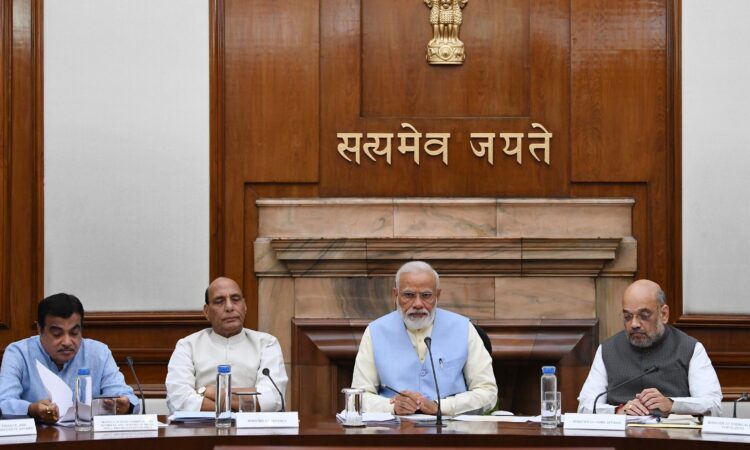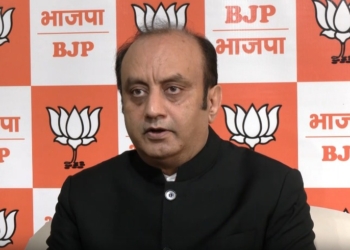New Delhi:The union cabinet is likely to take up for consideration the Jan Vishwas (Amendment of Provisions) Bill, 2022 that proposes to decriminalise various offences in 42 laws, including minor ones that invite jail term.
In addition to this, the cabinet may also consider certain amendments in the provisions of the Mines and Minerals (Development and Regulation) Act 1957, sources aware of developments said.
The meeting of the union cabinet is currently underway.
The Jan Vishwas (Amendment of Provisions) Bill, 2022 was introduced in the Lok Sabha on December 22, 2022 and it’s aim is to reduce the compliance burden on individuals and businesses to fulfill the twin objectives of ease of doing business and ease of living for the citizens.
It will amend almost 113 imprisonment clauses in various pieces of legislation, governing matters pertaining to the environment, air pollution, housing, and money laundering among others.
Soon after introduction, the bill was referred to a joint Parliamentary panel led by BJP MP, P P Chaudhary. The panel had submitted its report in Lok Sabha on the proposed legislation in March during the budget session. It had suggested that the government should bring the amendments proposed in the law with “retrospective effect for abating pending legal proceedings in respect of offences being decriminalised”.
Unlike civil liabilities, criminal liabilities cannot be imposed retrospectively. However, they can be done away with retrospective effect. The panel in its report agreed in principle with a majority of the 183 provisions proposed to be amended across 42 Acts administered by 19 ministries.
In many instances, it recommended imposition of penalty rather than fine to “avoid increase in litigation.” It also recommended enhancing fines in many of the laws. For example, under Section 29 of the Drugs and Cosmetics Act, 1940, that deals with the penalty for use of government analyst’s report for advertising, the panel has recommended enhancing the fine from Rs 5,000 to Rs 1 lakh in case of the first time use of such a report for advertising.
The panel had also observed that rather than punishing a wrongful conduct, criminalisation of minor acts of omission or commission often becomes a tool for the executive to project a strong image.
To bolster it’s argument, the panel had noted that “As many of the Acts belong to the British era where the State mistrusts its citizens, it is no longer the case in the country. This ‘overcriminalisation’ is required to be redressed by justifying the penalties in the law and bringing in flexibility. The regulatory burden often poses substantial deterrents for investors”.
(IANS)














